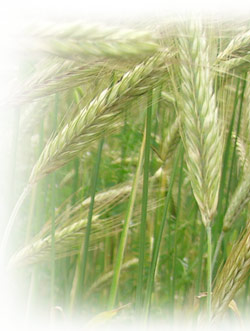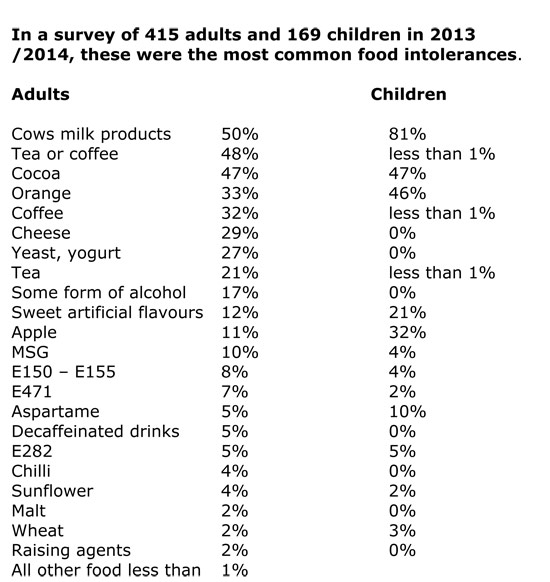|
|
Mary Roe suggests that wheat, and therefore gluten, is rarely the problem in food intolerance. |
Because of the massive industry that has built around gluten free products, I think that anyone whose gut feels uncomfortable, or worse, after eating bread, will presume that the cause of that discomfort / pain / bloating etc is wheat or gluten. I have been working in the field of food intolerance for more than 20 years, using a Dietx machine [the new version of the Vega]. And before you switch off to what I am saying, please be aware that most practitioners using these machines only do a two day course in how to use it so the results are meaningless – no better than tossing a coin. I have amassed LOADS of experience, and more importantly data, especially in the last four years. Less than 2% of the people that I test are wheat [or gluten] intolerant. And more than 65% of them think that wheat is something that they react to. I think that if someone gets gut symptoms they will find that wheat gives them symptoms, but that when the real intolerance is found and that food or drink totally removed from their diet they can eat wheat without bloating, wind and other troublesome symptoms. In 2011 when I did a survey on how accurate patients were in the assumptions of which were their problem foods, they were only 17% accurate.
Points to note
April 2015 More articles on food intolerance
|














